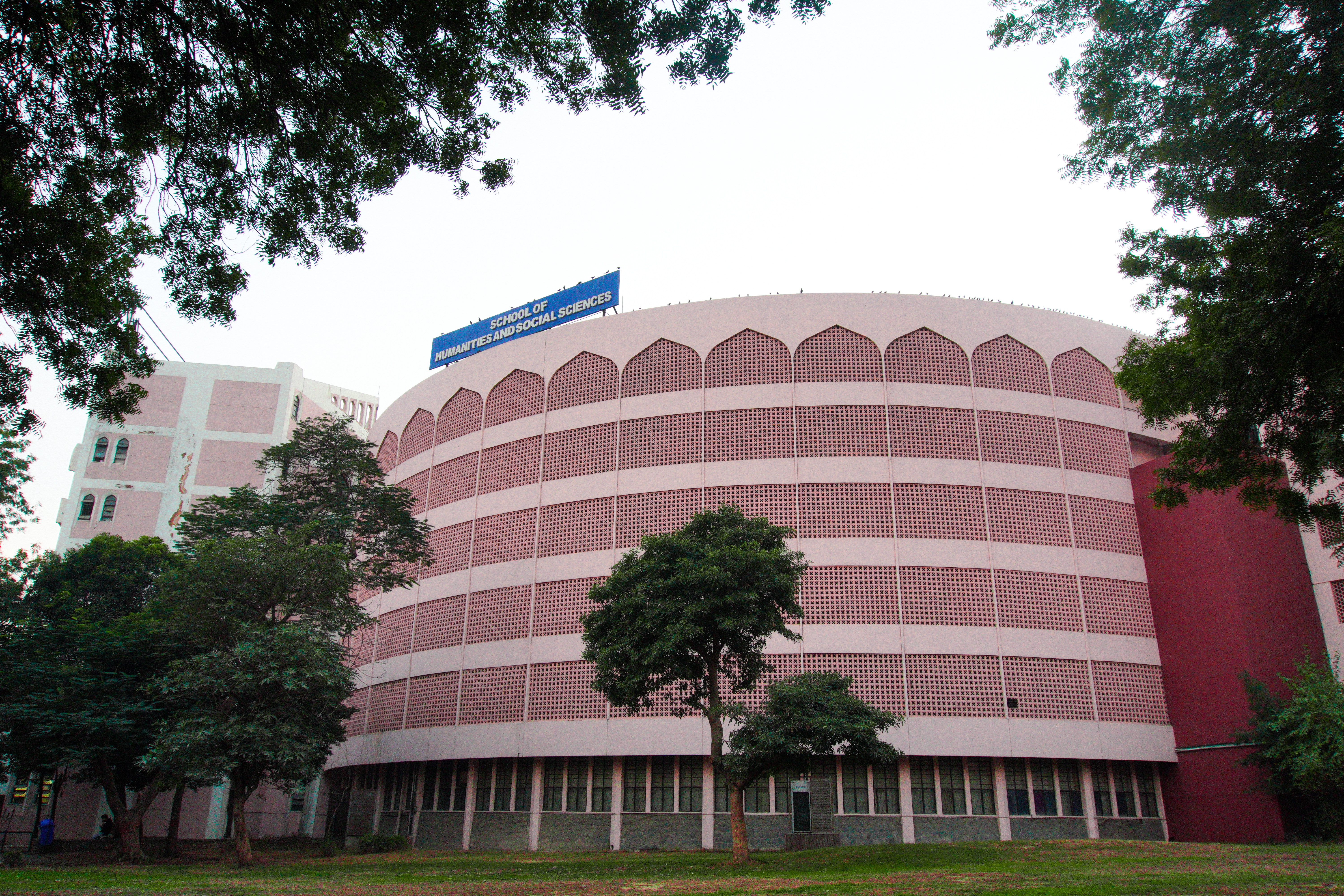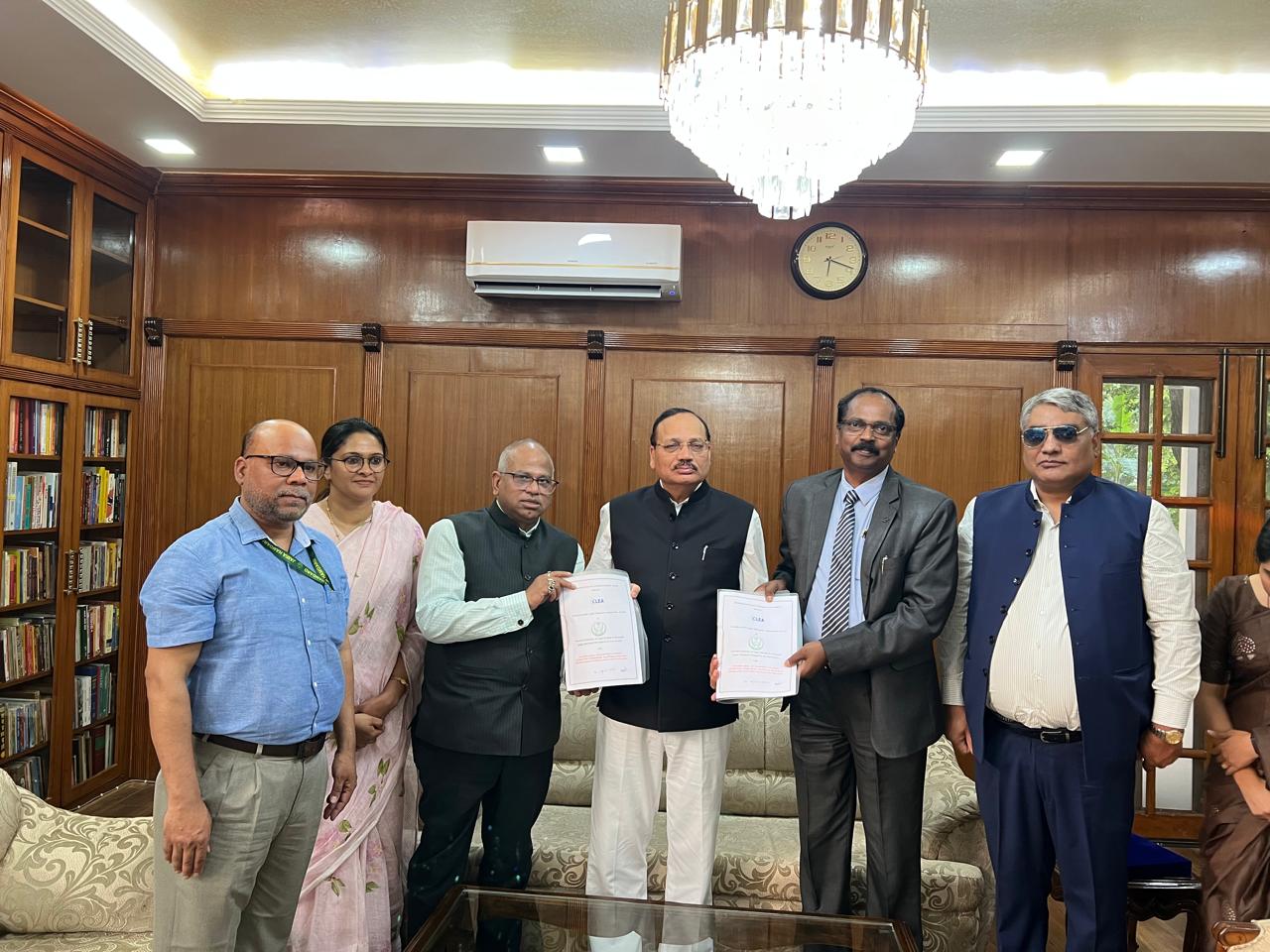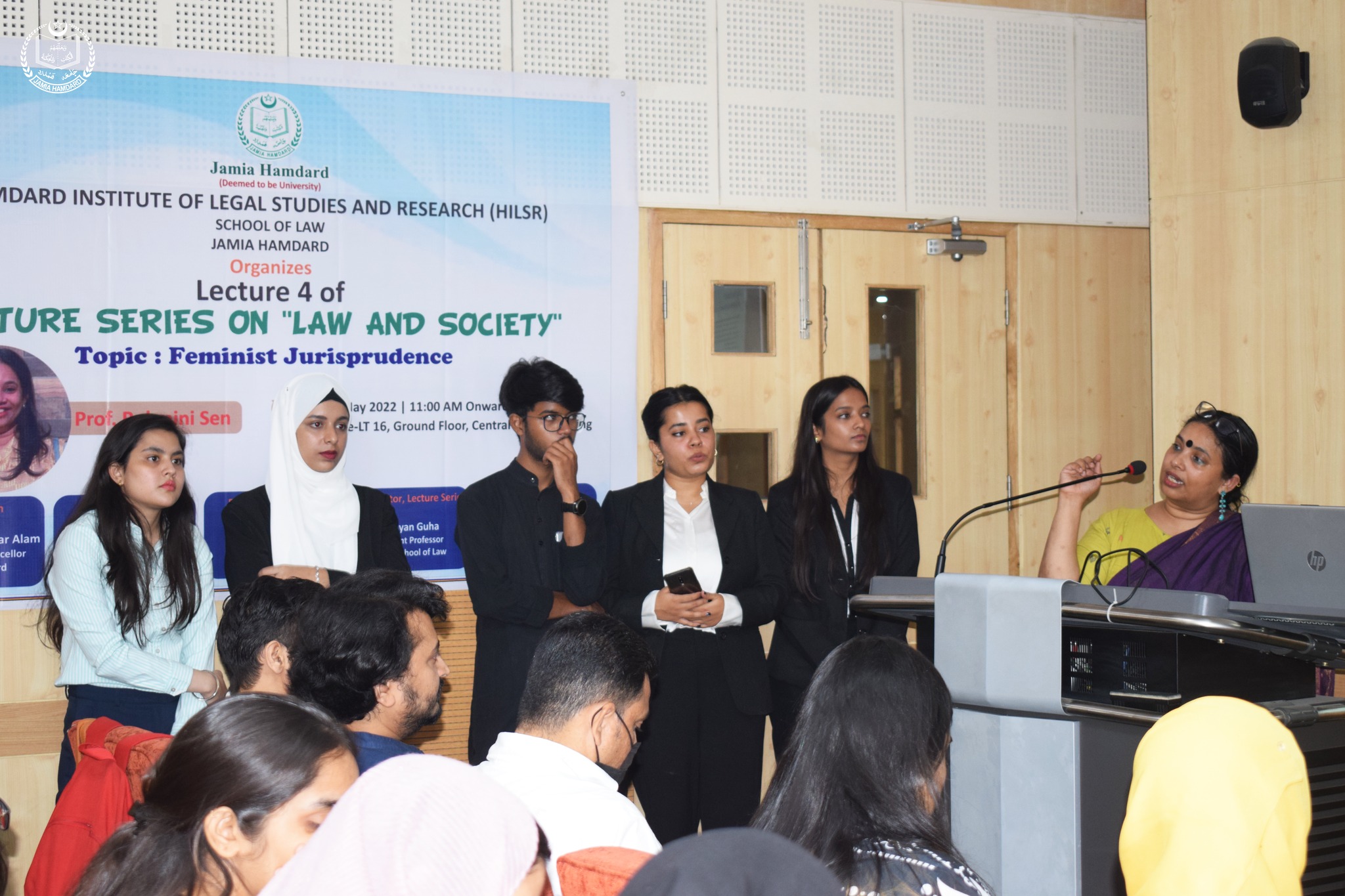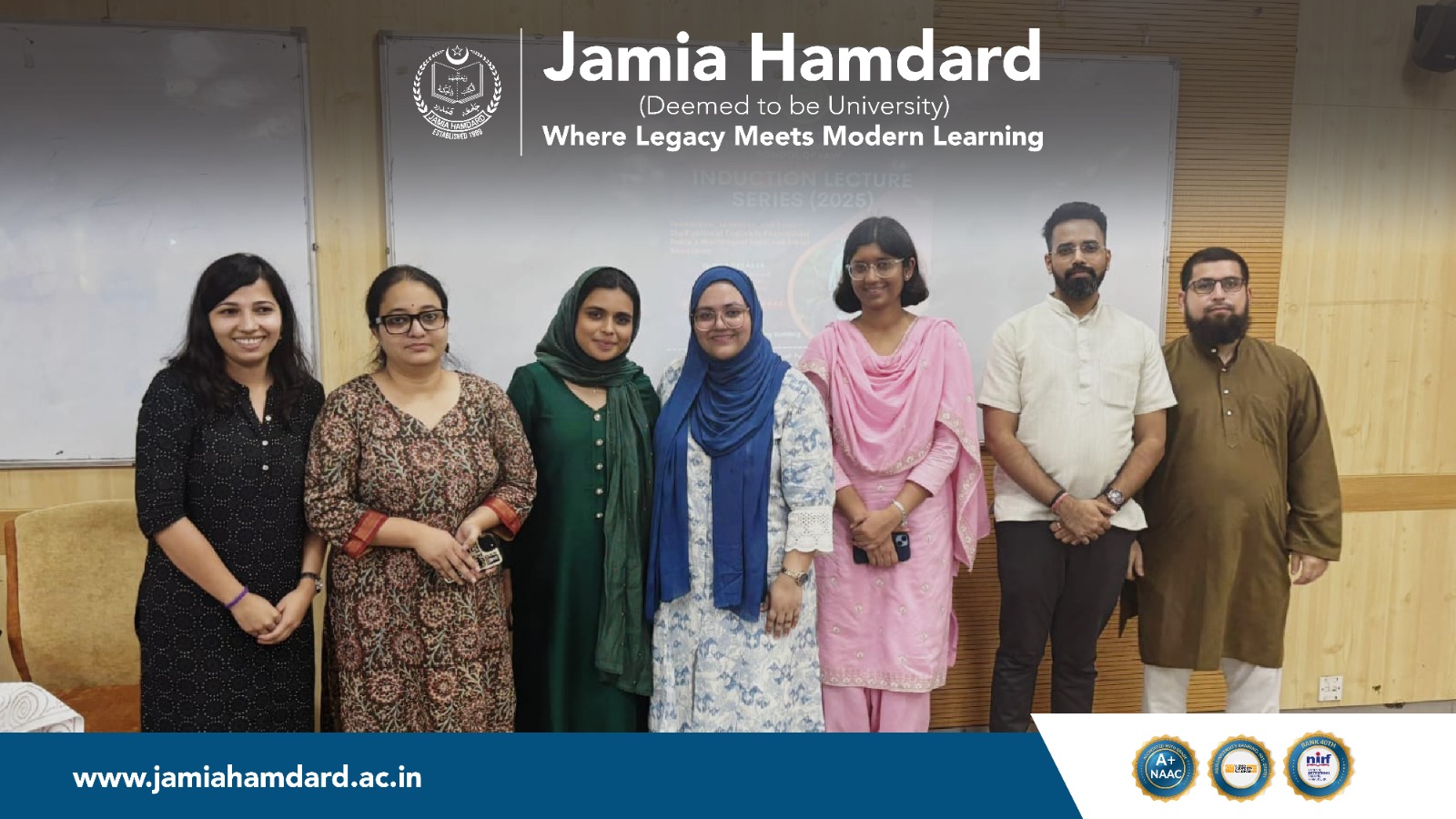The HILSR Law Review is the annual peer-reviewed e-journal of the Hamdard Institute of Legal Studies & Research (HILSR), School of Law, Jamia Hamdard (Deemed to be University), New Delhi. Launched in 2024, the journal seeks to foster legal scholarship, advance academic research, and promote intellectual discourse in the field of law. It provides a digital platform for legal scholars, practitioners, academicians, and students to publish high-quality and original research on contemporary legal issues of national and international relevance. The journal aspires to contribute to the evolving landscape of legal thought by encouraging diversity in perspectives, critical analysis, and reform-oriented research.
The vision of the HILSR Law Review is to emerge as a leading digital platform for legal scholarship that fosters intellectual dialogue, advances legal knowledge, and promotes excellence in legal education and research. Its mission is to promote academic integrity, critical discourse, and ethical scholarship in legal research, while encouraging contributions that deepen the understanding of constitutional, commercial, and comparative legal systems. The journal aims to provide an inclusive and accessible space for the exchange of innovative legal ideas and supports the broader institutional mission of HILSR, Jamia Hamdard, in cultivating socially responsible and professionally competent legal minds.
We are an eco-friendly, open-access student journal committed to minimizing paper usage in line with our sustainable publication policies. The Journal is freely accessible to readers worldwide through our official website.
We maintain close engagement with authors throughout the manuscript review process to ensure a rigorous and qualitative evaluation while preserving the author’s original intent and perspective. The HILSR Law Review follows a rigorous blind peer-review process and adheres to the highest standards of ethical publication. It complies with the Committee on Publication Ethics (COPE) guidelines and the University Grants Commission (Promotion of Academic Integrity and Prevention of Plagiarism in Higher Educational Institutions) Regulations, 2018. All submissions are thoroughly screened for originality, coherence, and academic rigor before publication.









